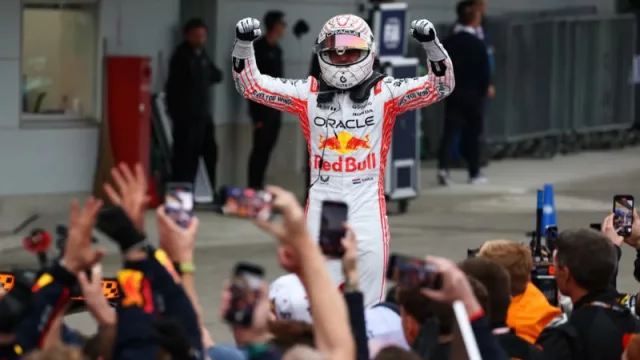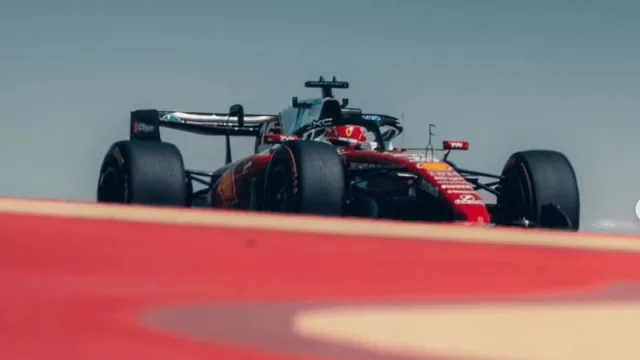Red Bull: A Lesson in Strategic Synergy, Teamwork, and Individual Talent
The Japanese Grand Prix reminds us that success is not solely a matter of skill; it’s a blend of strategy, resilience, and adaptability.
Max Verstappen broke a "mini-crisis" by claiming victory in Japan against the formidable “oranges.” This marks his fourth consecutive win at Suzuka, showcasing the importance of building a solid track record in specific environments. He successfully disrupted the momentum of McLaren’s Lando Norris and Oscar Piastri, who had won the first two races of the season.
Despite earlier rain, the track remained dry, emphasizing the need to adapt to changing circumstances. Organizations must be agile and flexible in the face of market shifts. Verstappen's success was the result of his team's collective effort. In the business world, fostering a collaborative environment can significantly enhance productivity and effectiveness.
This victory marks the 64th of his career. In 2024, the Dutchman Max Verstappen secured his fourth Formula 1 world title, solidifying his dominance in the sport, and today he is just one point away from reclaiming the lead in the championship.
A Tense Pit Exit:
The tension on the asphalt was palpable as Max Verstappen faced off against Lando Norris during the pit exit. Both drivers eyed the maneuver in the lead-up to the podium, but Max didn’t give him an inch.
To lighten the mood, Max referred to the Brit’s McLaren as “a rather expensive lawnmower.”
Race Insights:
Key Takeaways from the Japanese Grand Prix: Strategy, Resilience, and Adaptation
The Strategy of Pole Position: Max Verstappen began the race from pole position, reflecting meticulous preparation and strategy.
Verstappen's record-setting qualifying time was no accident; it resulted from constant innovation and a relentless pursuit of improvement. Companies should cultivate a culture of innovation, allowing teams to experiment and learn from mistakes.
Throughout the race, Verstappen displayed exceptional handling of his vehicle and team. This translates to effective resource management in the business world.
His fourth consecutive victory at the Suzuka circuit, located in the heart of Japan, marked a significant disruption to the momentum of McLaren's Lando Norris and Oscar Piastri, who had claimed victories in the season's first two races in Melbourne, Australia, and Shanghai, China.
The Importance of Teamwork: Teamwork was pivotal to Verstappen’s success. From the engineers adjusting the car to the pit stop crew, every member played an essential role.
-
Subscribe for free to receive all strategic information and be part of the largest business and culture community in the anglophone-Latino world!
Contact Infonegocios MIAMI:
Read Smart, Be Smarter!












Tu opinión enriquece este artículo: